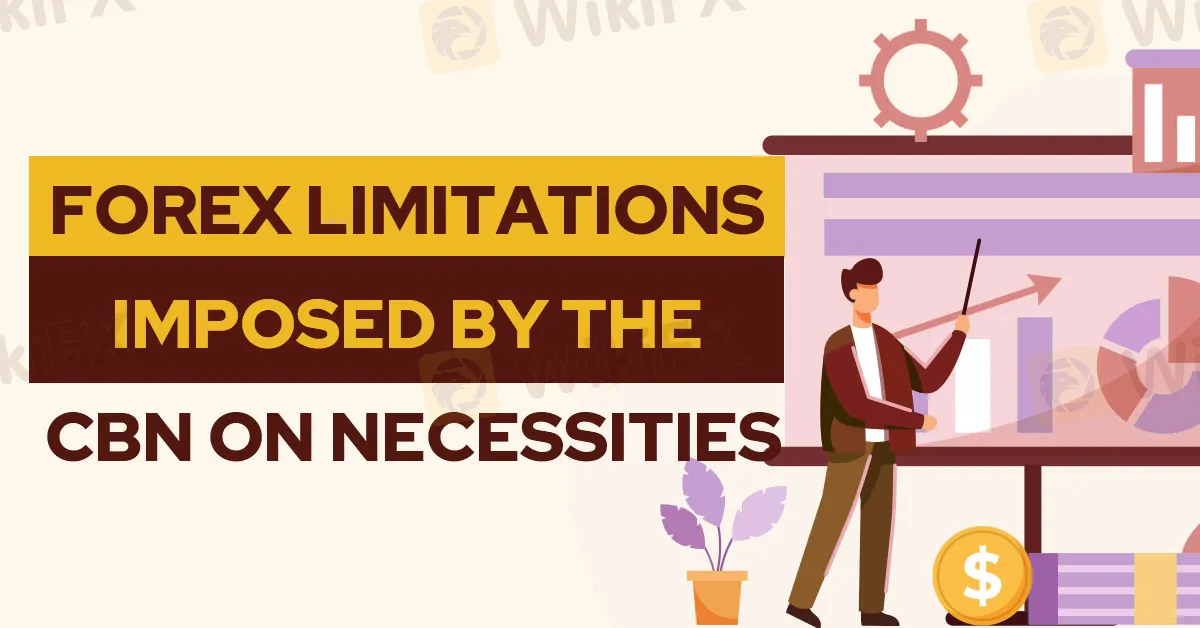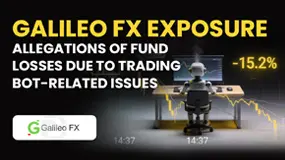Abstract:A substantial shift in monetary policy was recently signaled by the Central Bank of Nigeria (CBN) by the reinstatement of the 43 products that had previously been prohibited from receiving foreign exchange (FX) from the official market. Importers of the formerly forbidden commodities are thus now allowed to buy foreign money on the foreign exchange market. Mr. Isa Abdulmunin, Director of Corporate Communications for CBN, stated as much in a statement.

A substantial shift in monetary policy was recently signaled by the Central Bank of Nigeria (CBN) by the reinstatement of the 43 products that had previously been prohibited from receiving foreign exchange (FX) from the official market. Importers of the formerly forbidden commodities are thus now allowed to buy foreign money on the foreign exchange market. Mr. Isa Abdulmunin, Director of Corporate Communications for CBN, stated as much in a statement.
The CBN asserts that everything that is now allowed to purchase foreign currency on the Nigerian foreign exchange market. In addition to reiterating its commitment to speeding up efforts to reduce the backlog of FX with current players, it assured Nigerians that the new policy would improve market liquidity. It act to ease the challenges till liquidity improves. There are around $10 billion worth with the CBN.
Rice, cement, toothpicks, margarine, palm and palm kernel oil, vegetable oils, meat and meat products, poultry, chicken, turkey, eggs, soap and tomato pastes, tinned fish, and sauce (Geisha) sardines are just a few of the things that have been returned. Enamelled items, steel pipes and drums, steel balls, iron rods, security and razor wire, wood panels and boards, wooden doors, kitchen utensils, and dinnerware are among the remaining items.
The CBN noted that the limitations on the importation of the goods were put to preserve FX and promote domestic production, self-sufficiency, and exports in June 2015. In addition, the CBN will keep promoting “orderliness and professional conduct” to guarantee that market forces determine exchange rates in accordance with the “willing buyer-willing seller principle,” as well as making sure that the current FX rates are referenced from platforms like Financial Market Infrastructure warehousing Group (FMDQ) and other recognized or licensed trading systems that will support price stability, transparency, and credibility in the FX rates.
However, over the past eight years, the forex scarcity has gotten worse. The Manufacturers Association of Nigeria (MAN) recently disclosed that more than 200 of its businesses suffered as a result of the item ban. The embargo, according to company owners, led to significant distortions in the foreign exchange markets and contributed to the ongoing disparity in prices between the official Importers and Exporters (I & E) window and the parallel market.
As to be expected, there have been a variety of responses to the removal of FX limits on the importation of the 43 commodities. The decision of the CBN is considered as a step in the right direction by those who believe that the exclusion of the products in 2015 was one of the many factors contributing to distortions in the currency market and contributed to the divergence in rates between the official window and the parallel market.
The action seems to be a market-friendly choice and a step in the normalization of policy, which will allay the concerns of regional firms. But why must we import things like toothpicks, palm kernel oil, and other things on the list that we can make locally? How may this policy change help us increase non-oil exports?
However, we think that the policy's success will largely depend on how well it is implemented. Additionally, it must be noted that the exclusion of certain goods eight years ago was against the grain of current trade policy. This is due to the fact that many of the commodities were exempt from import restrictions, which made policy coordination and coherence difficult. However, the supply side of foreign exchange needs to be immediately addressed by the CBN.
For instance, the CBN is said to have injected $1.5 billion per month into the FX market in 2022. However, it was utterly unable to satisfy the needs for forex. To address the severe scarcity of foreign exchange, the government and CBN should cooperate. Due to the huge demand for US cash, the naira is still losing value in the parallel market, where $1 now only exchanges for N1,100.
The rising import tariffs brought on by the present exchange rate have also angered importers and clearing agencies. The cost of imports has increased by more than 200%. The price of imported items has been impacted by this. Considering how heavily the nation depends on imports for a variety of goods and commodities, this has also disproportionately impacted importers. We advise the CBN to closely watch the state of the economy in accordance with the nature of fiscal policy actions that will control imports.
Despite the apparent advantages of releasing the 43 products' FX limits, the local manufacturing sector may suffer in the short term if the monetary and fiscal authorities do not solve the severe fiscal crisis. If properly implemented, the lifting of the 43 goods' FX restrictions will probably increase foreign investment and strengthen the economy. Nigeria is currently one of the ten riskiest countries in Africa for investors, according to US Trading Economics, as a result of political and economic instability. To meet these market problems, effective economic management is necessary.










